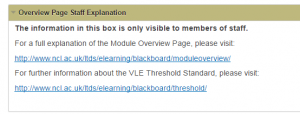As many of you know, the University will be moving to Canvas on the 1 August 2020 and all use of Blackboard will end on the 31st July.
We know colleagues across the University are working incredibly hard at the moment to implement the remote delivery and assessment of the University’s programmes. We have therefore postponed the start of the workshops for colleagues in academic units from this week, until after the Easter break.
The way we are delivering this support is also changing. The face-to-face workshops we had intended to deliver will not now take place. These will be replaced by a programme of shorter webinars, supported by a range of online resources. We have arranged these webinars so that in total, there will be the same number of spaces available on webinars as we had planned to deliver in face-to-face workshops. As with the face-to-face workshops, there is no requirement to attend these webinars if your preference is to get familiar with Canvas via the other online resources we are providing.
We know that the demands on colleagues means that many will not be able to engage with the training opportunities at this time. We will be offering a comprehensive programme of webinars throughout the summer, so that if you wish to participate in a webinar you will be able to do so at a time that fits with all your other commitments.
If you are unable to attend a webinar, you also have access to the Canvas Online Orientation Course available on the dashboard when you log in to Canvas. This has been designed by University colleagues to support you in using the key features and tools in Canvas and there are a number of self-check quizzes for you to check your understanding as you work through each section.
If you have any queries please contact the Canvas implementation team.

